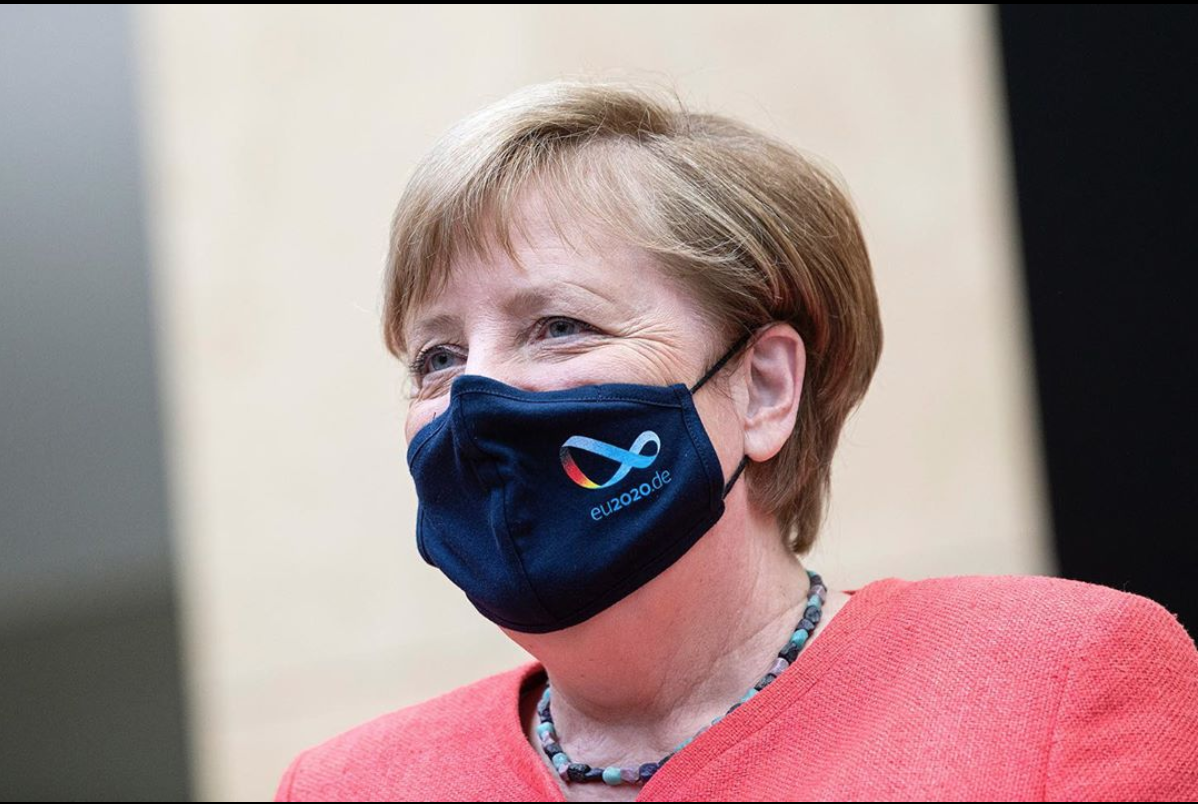How the anti Covid regulations in Germany will change

Pierluigi Mennitti's in-depth analysis from Berlin on the new anti Covid law in Germany
It will take the vote of the Bundestag and then that of the Bundesrat (which, however, can only object) to approve the amendment to the health protection law with which Germany is managing the Covid emergency and which in fact partially puts the German federal system and hands over to the central government the key to activate the "emergency brake", that is, the suspension of reopening when sensitive thresholds of contagion are exceeded. And then it will take the help of the Länder themselves, a bit deprived of authority, which are in any case responsible for applying the restrictions.
The emergency brake had already been launched at a previous joint meeting, but then the Länder began to do their own thing, ignoring the alarms. Now the reverse gear will be automatically activated, when the thresholds of 100 new infections per 100,000 inhabitants in 7 days and of 200 for schools will be exceeded for three consecutive days in districts and municipalities. Local authorities are left with the task of checking.
In short, we will have to wait perhaps at least a week for the new mechanism to come into operation : the parliamentary groups are trying to identify a privileged lane for the new law in order to speed up the times, for which however a two-thirds majority of the Bundestag will be needed. . For liberals and greens, the measures are too strict at the moment. the latter, however, appear more possible than the former.
And then we will have to see what the regions will really do to understand if it will actually be effective. Because having found the way to circumvent the application chaos,Angela Merkel, which this law strongly desired, risks colliding with the rubber wall of the presidents of the Länder. Which do not appear very happy with this expropriation. Starting with the mayor of Berlin (the capital is one of the three city-states, so it is Land itself). Michael Müller, technically the president of that State-Regions Conference in which the Chancellor's last failed attempts to exacerbate the eternal soft German lockdown took place, did not swallow it so much and in the last two days he launched his own series of initiatives (tests in the school, greater freedom for the vaccinated) and polemically recalled that some measures already adopted by Berlin are much more restrictive than those imagined in the new law.
Merkel's intention is to put an end to the “free will” of the individual regional presidents, in her opinion more concerned about the electoral fallout than the health of citizens, and to establish unitary criteria with which to face the third wave. The numbers have returned to worry, in infections but above all in the crowding of intensive care units and the impression is that on this front the government measures are already overdue. The resuscitation doctors announce the saturation of the beds already by the end of April, while the staff is exhausted, exhausted by a year of overwork. The infected are on average younger, their hospitalization is longer, the structures are stressed and this wave, inflated by the English variant, "could be the worst of all", the chancellor warned.
The new rules are measured at the fingertips (and for those following the German management of the pandemic they are not even all new).
The biggest novelty (already adopted here and there by some municipalities) is the introduction of a night curfew, from 21 to 5, with exemptions for work and medical visits when the threshold of 100 new infections per 100,000 inhabitants is reached. 7 days. Added to this is the reduction of private contacts to a person beyond the family unit, the obligation of Ffp2 masks on public transport, the closure of shops and museums. The exceptions are the usual and concern essential services such as food, pharmacies, drugstores, gas stations, newsstands, florists and – this time – hairdressers.
For schools, closure is triggered when the threshold of 200 new infections per 100,000 inhabitants in 7 days is reached for three consecutive days. In the meantime, the obligation to test twice a week for school staff and students is introduced, an initiative that in many elementary schools is creating inconvenience and quarrels even with parents and seems to be complicated to apply.
The measure that most of all encounters the obstacle of the regions remains that of the curfew. Several presidents have declared their opposition, based on the scientific study made known just yesterday according to which the dangers of greatest contagion occur indoors, while outdoors the risks are far less.
With current data 325 of the 401 German districts have already exceeded the 100 mark, 69 that of 200.
Another measure approved by the government is the requirement for companies to test their workers who are not in the home office at least once a week. The costs, said Minister Scholz, remain the responsibility of the companies and will not be reimbursed by the state. Entrepreneurs are furious.
This is a machine translation from Italian language of a post published on Start Magazine at the URL https://www.startmag.it/mondo/come-cambieranno-le-norme-anti-covid-in-germania/ on Tue, 13 Apr 2021 14:44:51 +0000.
